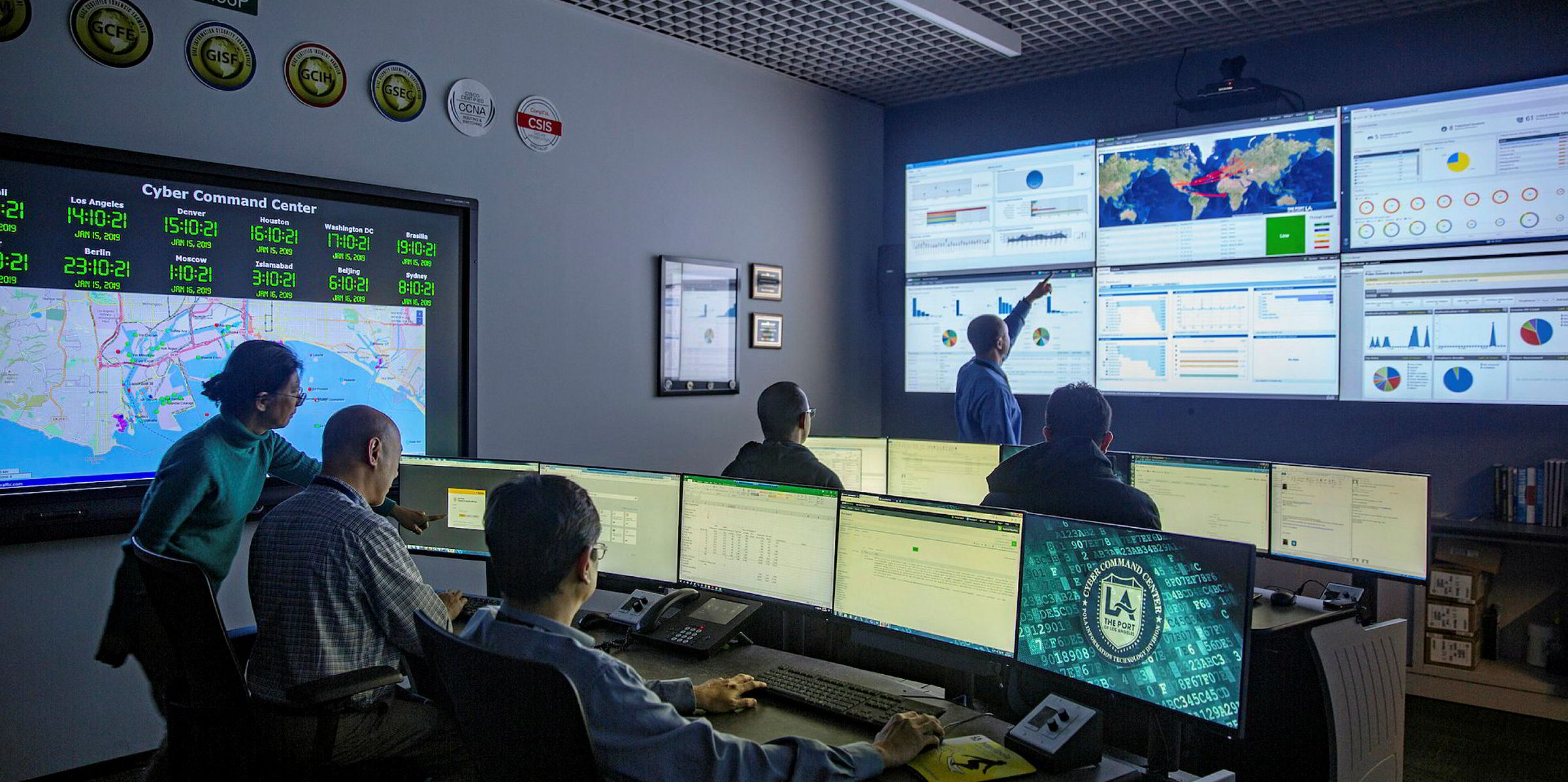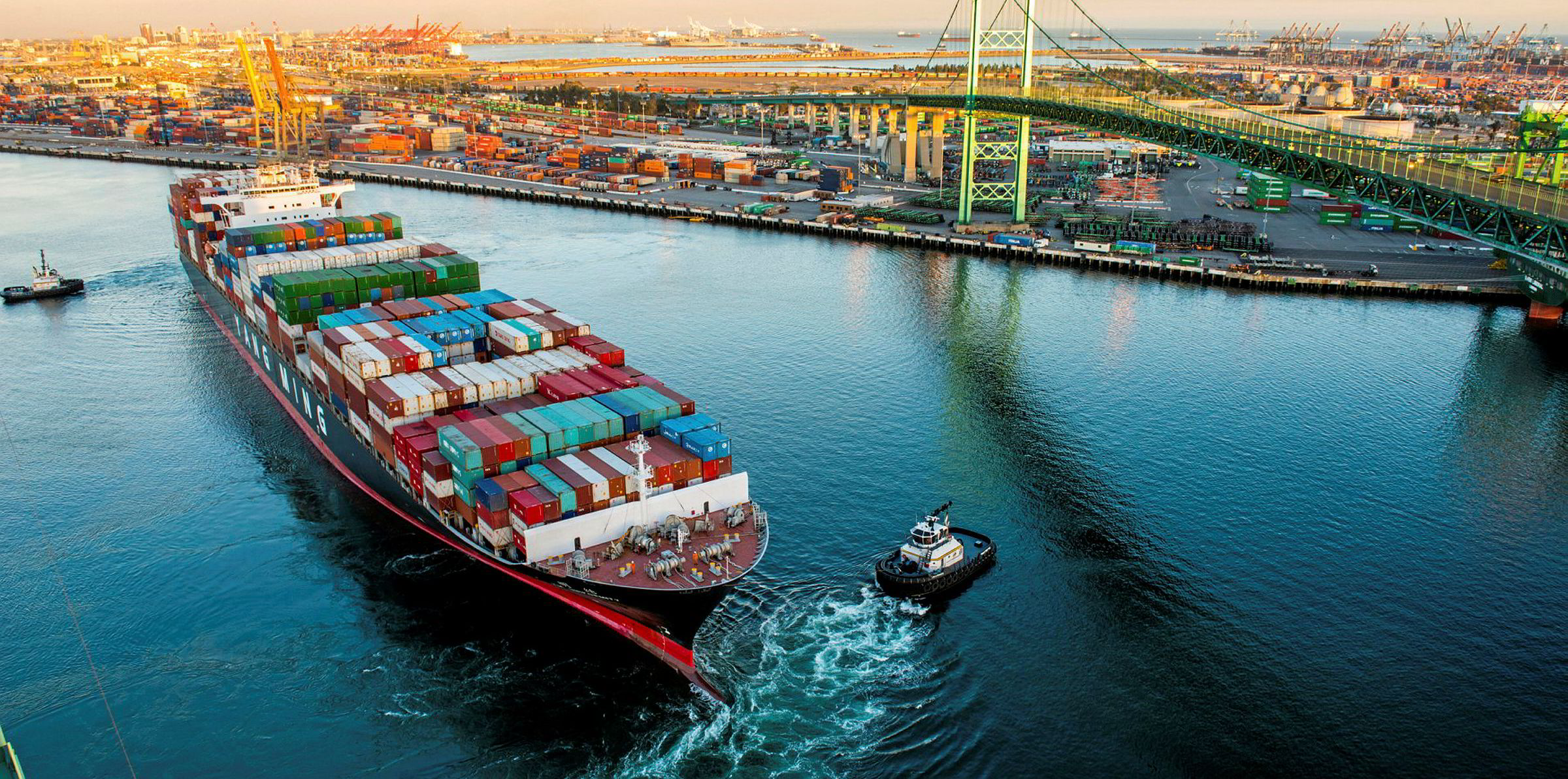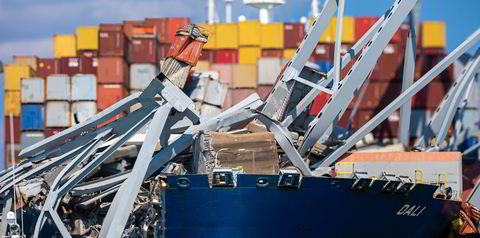A widespread dearth of ports that can digitally process data and documents has been brutally exposed by the coronavirus pandemic.
Now, a coalition of shipping and terminal operators is pushing to rectify that.
A nine-point policy plan has been put together by a group of 10 industry associations, including the International Chamber of Shipping (ICS), Bimco and the International Association of Ports and Harbors (IAPH).
The call to action submitted to the IMO argues for a global harmonisation of cyber-secure data-exchange systems and standards for port calls alongside ways to support smaller and less developed port communities and promote best practices.
To date, only 49 of the 174 member states of the IMO possess functioning port community systems, the paper states. Its co-signatories call for wide-ranging adoption of secure electronic data exchange.
“Exchanging paper by hand and relying on person-to-person interaction simply doesn’t cut the mustard anymore, neither from a safety nor efficiency standpoint,” IAPH managing director Patrick Verhoeven said.
He added that a major outcome of the last eight weeks has been the very urgent need for ports to digitalise processes and data exchanges in the wake of restrictions caused by Covid-19.
'Smart' ports
Some terminal operators have developed into fully-fledged "smart" ports, but many others have barely grasped the essentials of digitalisation, the group said in the paper.
The full agenda calls for:
- Finding ways to use existing IMO Facilitation (FAL) Convention requirements to support electronic transmission, receipt, and response of information for all port community-related transactions, making the transition to fully-fledged single window systems.
- Harmonising data standards beyond FAL to create additional e-business solutions, and sharing data to optimise port calls as well to effectively deploy resources by logistics providers for cargo handling.
- Striving to introduce port community systems and secure data-exchange platforms in IMO member state ports.
- Reviewing existing IMO guidance, and developing additional guidance where needed, on the use of the International Ship and Port Facility Security (ISPS) Code and on Maritime Cyber Risk Management on their ability to address cyber risks in ports.
- Raising awareness to standardise and promote best practices as to how port communities can apply emerging technologies.
- Increasing health security in port environments for all workers onboard and onshore by applying innovation and technological solutions.
- Developing a practical roadmap that facilitates a digital port environment where service providers and users can securely share data.
- Establishing a coalition of willing stakeholders to improve transparency of the supply chain, starting with a long overdue introduction of electronic bills of lading.
- Supporting smaller, less developed, and under-staffed port communities with technical facilities and personnel training.
Organisations representing cargo handlers, harbour masters, pilots and ship suppliers have joined in the action.





